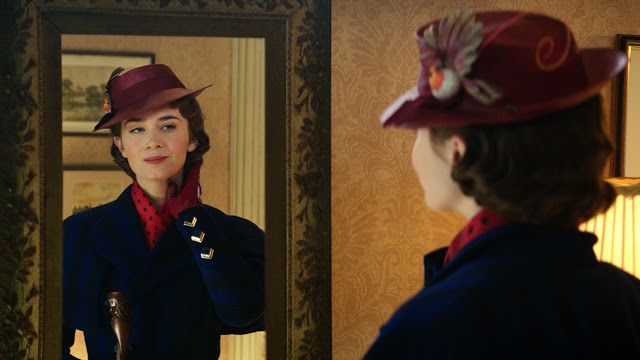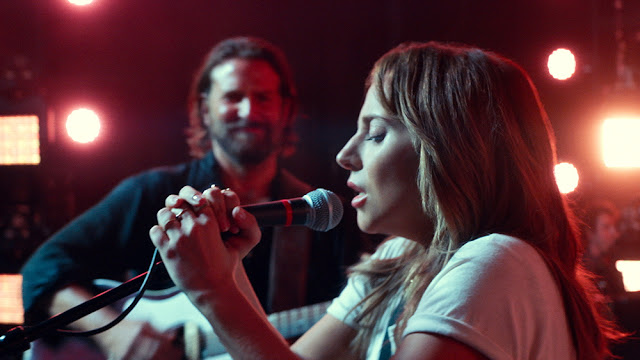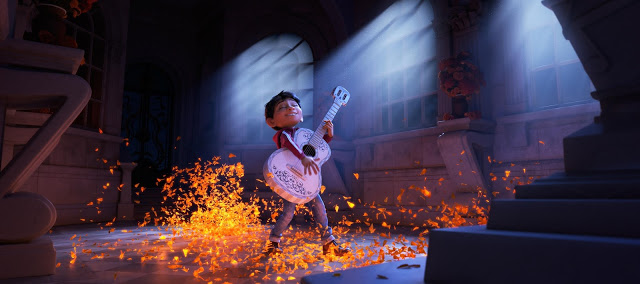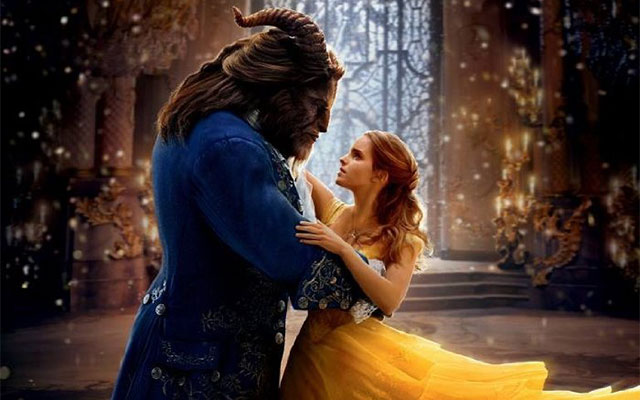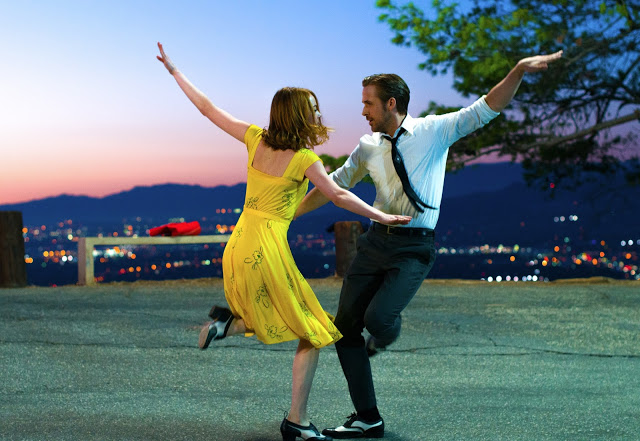Holiday Gift Bag: Mary Poppins Returns
The book on Mary Poppins is that she’s practically perfect in every way. Like most movies, Mary Poppins Returns, which returns to the home of the Banks family on Cherry Tree Lane after a 54-year absence, is not perfect; it isn’t even very good. But it is hard to quibble with the rightness of Emily Blunt’s performance as the titular nanny, all withering glares and superior disdain. As a singer, Blunt is no Julie Andrews (who is?), but her perfectly calibrated acidity helps anchor a film that is otherwise so flimsy, it’s prone to drift off into nothingness, sliding up a banister until it disappears into the ether.
Not that Mary Poppins Returns is quiet. Directed by Rob Marshall, who seems to have become the emissary of the new-age Hollywood musical almost by default, it boasts a number of suitably impressive and boisterous numbers, which have been staged with evident care and skill. Yet there is a dispiriting adequacy to Marshall’s choreography, a lack of genuine wonder and flair. The music here is perfectly fine, but it seems unlikely that any of the songs will grow to acquire the classic status of “A Spoonful of Sugar”, or even join the ranks of more recent Disney hits such as “Let It Go” and “You’re Welcome”. Read More

